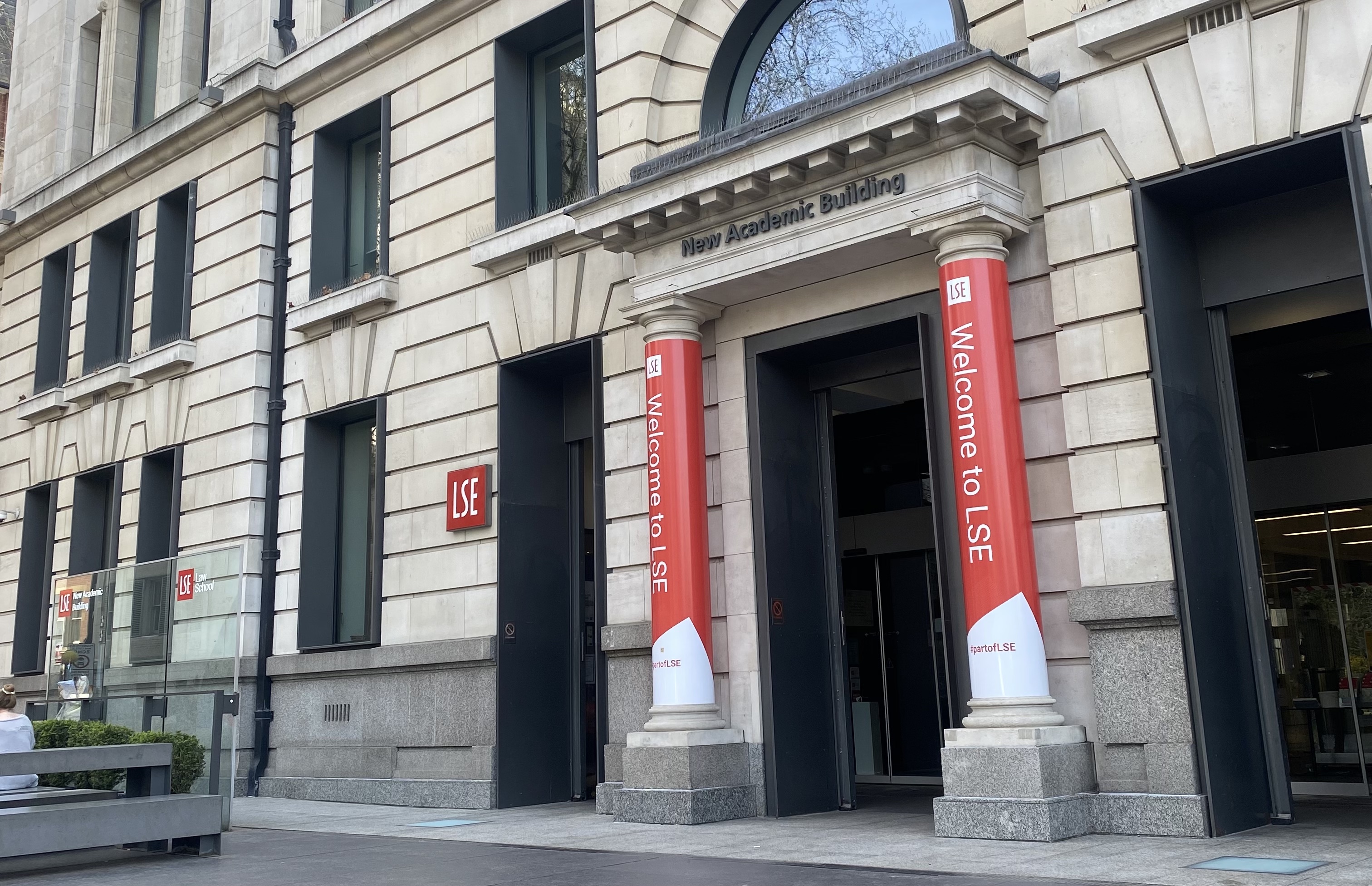With the spring break in full swing, some of us might be counting down to the exam season in May. Especially for study abroad students like myself, the mock exams that different departments have planned may not be enough in calming the anxiousness over a possibly new examination format. Without a doubt, many of us would like to be academic weapons but struggle with navigating the best way to revise and strategise during the break. Here are some tips that I find helpful in preparing for the last leg of the academic year:
Having a detailed revision schedule
As a self-professed planning enthusiast, nothing beats having a detailed study schedule! This helps me stay focused and on track as I go through the materials daily, and it evens out the workload during the spring break. Planning is extremely important as it helps you divide your time appropriately, factors in study time and also the ever-so-necessary break times. A study schedule detailing what subjects, chapters or even assessments to cover on a daily basis will be useful in ensuring a consistent and manageable timetable over April!
Finding your study spot
Admittedly, not everyone is suited to sitting in a quiet corner of the library to bury oneself in the mountain of academic material. Given that the ideal location differs from person-to-person, it is important to find your own study spot, in which you can sit and focus for extended periods of time. This might be your desk at home, the campus library or even a café in town! To maximise productivity, it is crucial that the place you choose to work at is somewhere that has minimal distractions for you to study well. Having other necessities like charging points and free Wi-Fi is a plus too!
Playing the strategic game
This might work mostly for students who are taking essay-based modules, but a useful tip that I got from most of my class teachers was that as much as it is academically useful to familiarise oneself with all the topics covered across the year, it is possibly more useful to narrow down a handful of topics to focus on when revising. This allows one to become extremely proficient in a good number of chapters to answer the examinations without feeling overloaded with content to revise. Strategically, it might be even more useful to be a master in some topics, rather than to be a jack-of-all-trades for the examinations.
Building your study community
I have always found it helpful to find a dedicated group of friends to study with. While they may not be my closest friends or even be from my department, I find that having a separate group of friends to work with is useful in helping me get into the rhythm. Their motivation keeps me going, and I find that this can be a bonus for those who might be easily distracted while working – like me! Having a community that works on the same timeline and goals will help you find your own pace of studying and stay focused and motivated too!
Reaching out to your teachers
I am grateful that most, if not all, of my professors have been open to responding to emails or even arranging for office hours during the spring break. Receiving feedback and academic support, especially as a study abroad student, new to LSE’s academic system, has been crucial in helping me improve across the year. Your teachers are your best resource, so why not use them to clarify your doubts and seek academic help early should you need it!
Overall, I hope that these tips are helpful in kickstarting your revision period. Good luck for your revision and for the upcoming term — you’re going to be an academic weapon, work through the examinations and emerge as a champion!




